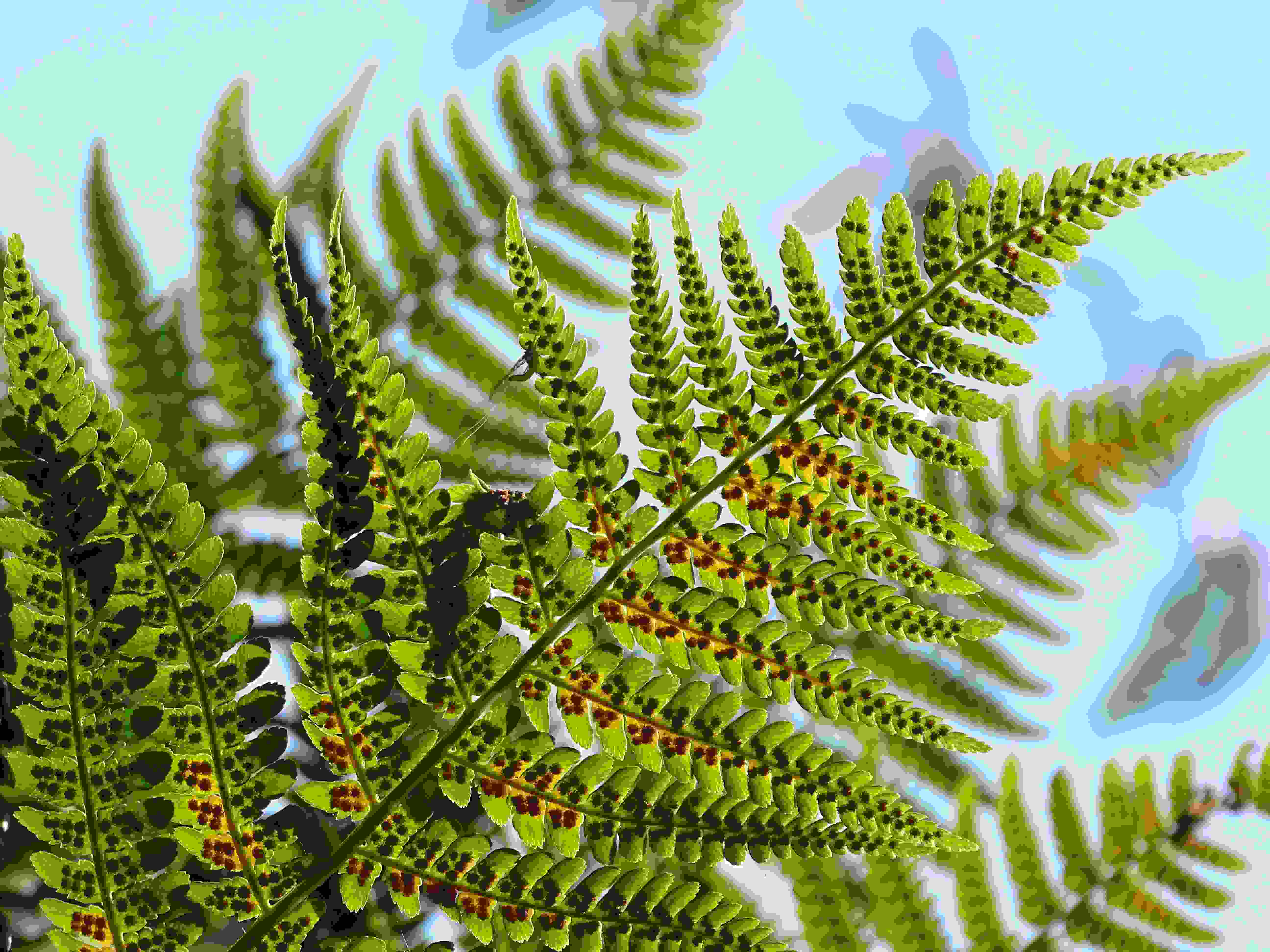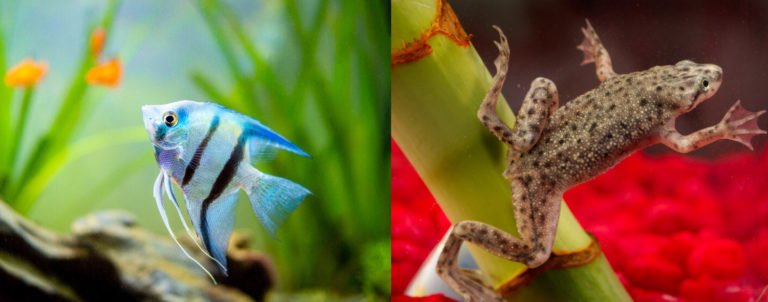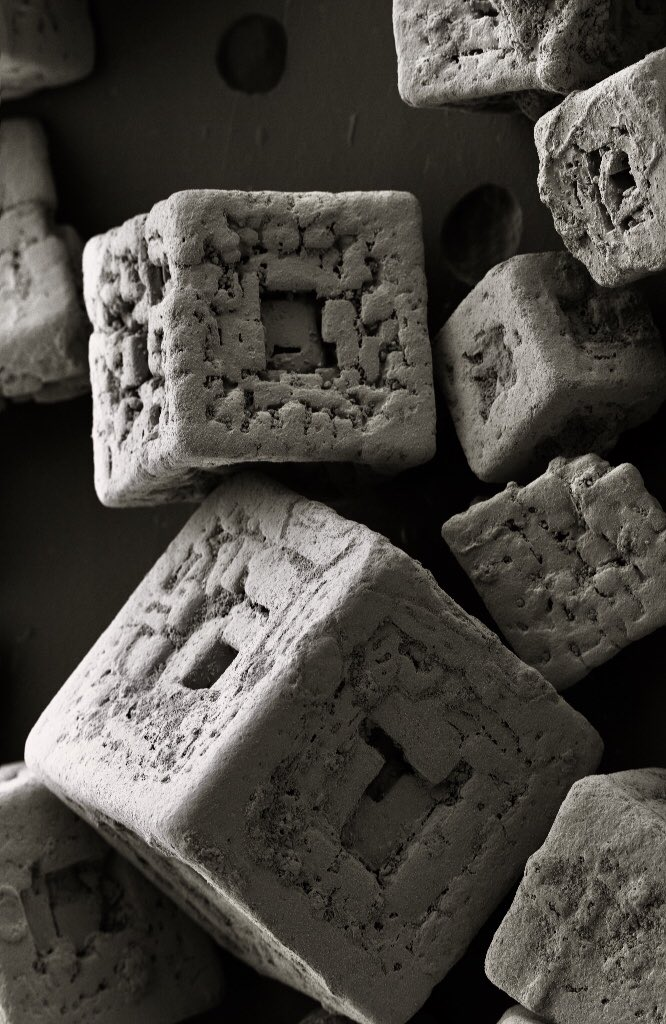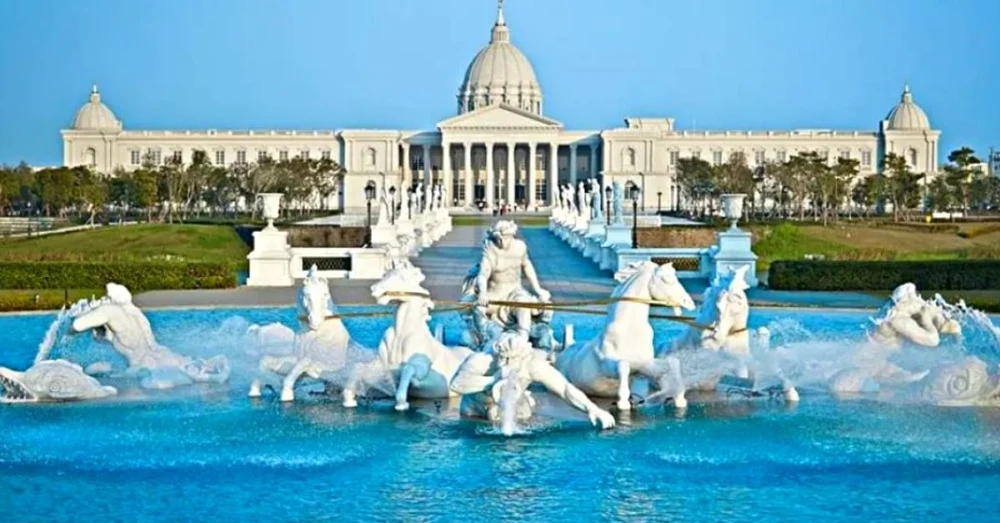For MRS GREN, why do we use this for?
To classify what is a living organism.
Name to cell structures that are in both animal and plant cell.
What are:
cell membrane, nucleus, ribosomes, mitochondria, cytoplasm
What process requires energy for substances to enter the cell?
What is active transport
What does G in MRS GREN stand for?
What is growth

William Lai
what is:
chemical reactions that release energy from nutrient molecules
What is respiration
Name the part of the cell that:
a) makes protein
b) does photosynthesis
a) ribosome
b) chloroplast or chlorophyll
Explain why diffusion happens faster at high temperature than at a low temperature?
As temperature increases, the kinetic energy of the molecules is increase, causing the diffusion rate to increase as well.
What is a species?
An organism that can reproduce and make other organism like themselves that are fertile.
What is the English radio station in Taiwan?
ICRT
This question has two parts:
1. The animal kingdom is broken down into two parts, what are they?
2. You see an animal with these descriptions, an animal with 4 limbs, the skin has scales, it lays soft shell eggs, and lives on land. What is it?
1. What is a vertebrate or invertebrate.
2. What is a reptile.
A student draws a red blood cell.
The diameter of the cell is 0.008mm, the image of the cell is 2 cm.
What is the magnification of the drawing?
Mag. = image/actual
M = (2.0cm x 10) / 0.008mm
M = 20mm / 0.008mm
M = 2500
Plants need nitrate molecules to make amino acids and protein. These molecules are too large to go through the cell membrane. How can these molecules enter the cell for the plant cell to make proteins?
The nitrate molecule will enter the cell by the protein carrier on the membrane. The protein carrier will use energy to open and push the ion in the cell.

A zebra and donkey produce an animal call a "zedonk". Are zedonk a species?
No they are not because they are 'infertile'
Who is he?

What are two differences between a fern and a flowering plant?
1. They do not produce flowers.
2. They reproduce using spores

Also, what is one similarity and one difference between a plant cell.
Bacteria is a prokaryotic cell.
Bacteria and plant cells both have a cell wall, the difference is that bacteria has plasmids and no nucleus and mitochondria.

What is plasmolyse? Does this affect animal or plant cells and why is this so dangerous?
Plasmolyse is when a plant cell membrane tears away from the cell wall. This damages the membrane and can kill the cell.
The image is of a fish and amphibian.

State two visible features that distinguish the fish from the amphibian.
1. The fish has scales
2. The fish has fins
3. The fish has gills
珍珠奶茶很甜。Translate in English
Bubble milk tea is sweet.
or
Bubble tea is sweet.

Flowering plants are broken up into 2 groups.
What are their name and give 2 exampels of each.
1. Monocotyledons (monocots)
They have flowers in multiple of 3s, their leaves have parallel veins, and their vascular bundle in the stem are spaced randomly.
2. dicotyledons (dicots)
They have flowers in pairs of 4 or 5, the veins in leaves have a network of veins, the vascular bundle in the stem in spaced in a circle.
This is an image of a grain of salt
It's magnified by 150, and the image diameter is 5.5 cm. What is its actual size in micrometer?
M = I/A; A = I/M
I = 5.5cm x 10 x 1000 = 55,000 micrometer
A = 55,000/150
A = 366 micrometer
Explain what will happen to plant cells when they are placed in these solutions:
a) 30% salt solution
b) pure water
a) The plant cell will lose water due to osmosis, since outside the cell has less water potential. This will cause the plant cell to become flaccid and lose turgid pressure.
b) The plant cell will gain water by osmosis, since its cell has lower water potential. The gain of water will increase its turgid pressure and become turgid.


Explain why a leaf is considered an organ and what are the function of the layer with lots of space.
The leave is considered an organ because it is made of many tissues that work for the same function as doing photosynthesis.
The spongy mesophyll has a lot of space so that different gases, oxygen, carbon dioxide, and water vapour, is able to diffuse easily to get to other cells for photosynthesis of respiration.
This place makes you feel like you are in Europe. It has a large park, many beautiful statues, and lots of art. What is the name of this place?
Chi Mei museum!
